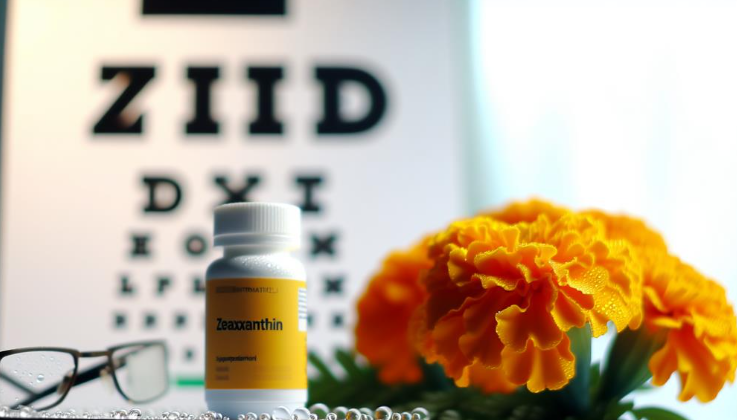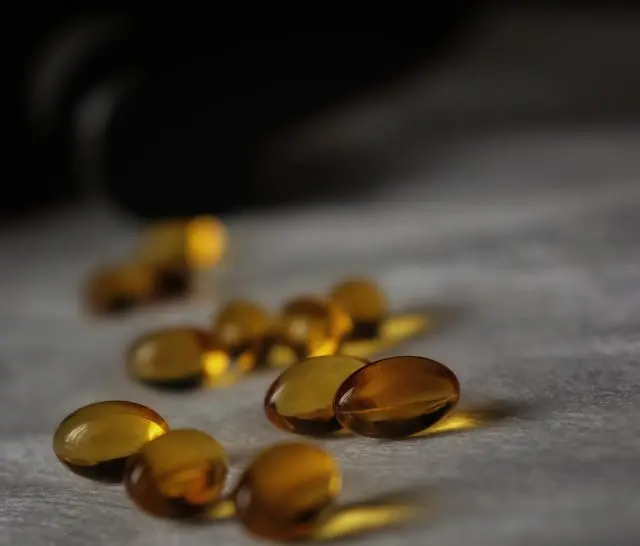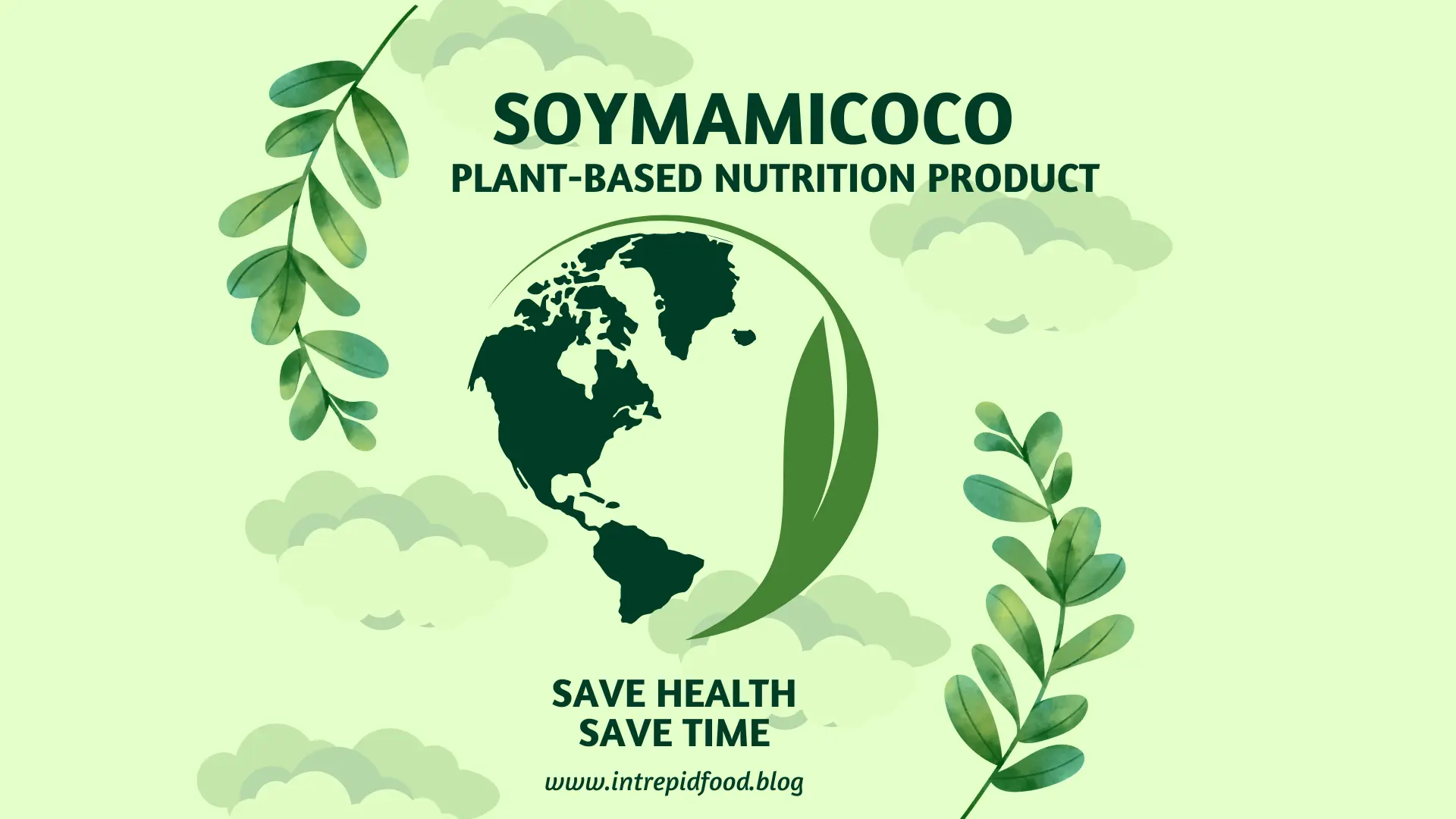If you’re concerned about maintaining your vision, you might want to explore the benefits of zeaxanthin supplements. Zeaxanthin, a potent carotenoid, plays a crucial role in shielding your retina from oxidative stress and harmful blue light. Research suggests it can significantly reduce the risk of age-related macular degeneration, a leading cause of vision loss. But how do you ensure you’re choosing the right supplement, and what dosage is optimal for eye health? Understanding these aspects can make a substantial difference in protecting your vision long-term.
What Is Zeaxanthin?
Zeaxanthin is a carotenoid alcohol crucial for maintaining eye health by protecting the retina from oxidative damage. As an oxygenated carotenoid, or xanthophyll, it plays a significant biological function in the human eye, particularly in the macula—a small region of the retina responsible for central vision. Zeaxanthin’s molecular structure, characterized by a long chain of alternating double bonds and hydroxyl groups, allows it to absorb blue light and neutralize free radicals, reducing oxidative stress.
Chemically, zeaxanthin is an isomer of lutein, another vital carotenoid. The presence of double bonds in its structure enables it to be highly effective in quenching singlet oxygen, a reactive oxygen species that can cause cellular damage. By integrating into the lipid bilayer of retinal cells, zeaxanthin enhances membrane stability and fluidity, contributing to cellular resilience against oxidative damage.
In terms of its biological function, zeaxanthin accumulates in the macular pigment, where it filters harmful blue light and supports visual acuity. This selective accumulation underscores its role in protecting photoreceptor cells and maintaining optimal visual performance.
Understanding these chemical properties and biological functions is essential for appreciating zeaxanthin’s importance in ocular health.
Health Benefits
Numerous clinical studies have demonstrated that zeaxanthin supplementation can significantly enhance macular health and reduce the risk of age-related macular degeneration (AMD). By increasing the density of macular pigment, zeaxanthin helps protect the retina from oxidative stress and high-energy blue light, both of which are primary contributors to AMD. This is particularly crucial as AMD remains one of the leading causes of vision impairment in older adults.
Zeaxanthin’s potent antioxidant properties play a pivotal role in neutralizing free radicals in the eye. These free radicals can cause cellular damage and accelerate the aging process, leading to various ocular diseases. By mitigating oxidative damage, zeaxanthin supports overall eye health and preserves visual acuity.
Moreover, zeaxanthin supplementation has been shown to improve contrast sensitivity, which is your ability to distinguish between different shades of light and dark. This can enhance your visual performance in low-light conditions, such as night driving.
Clinical evidence also suggests that zeaxanthin, along with other carotenoids, may decrease the risk of cataracts by protecting lens proteins from oxidative degradation.
Sources of Zeaxanthin
You can find zeaxanthin in a variety of dietary sources, particularly in dark green leafy vegetables like kale and spinach, as well as in yellow and orange fruits such as corn and peppers. These natural sources are rich in carotenoids, which are essential for maintaining eye health. Research indicates that a higher dietary intake of zeaxanthin can significantly reduce the risk of age-related macular degeneration (AMD) and cataracts.
In addition to vegetables and fruits, zeaxanthin is also present in egg yolks, which provide a highly bioavailable form of this carotenoid. The bioavailability of zeaxanthin from natural sources varies, influenced by the food matrix and preparation methods. For instance, cooking spinach can enhance the bioavailability of zeaxanthin, making it easier for your body to absorb.
Incorporating these foods into your daily diet can help you achieve the recommended levels of zeaxanthin, promoting better eye health. Studies have shown that consistent dietary intake of zeaxanthin not only supports vision but also offers protective effects against oxidative stress and inflammation.
Choosing Supplements
When considering zeaxanthin supplements, it’s crucial to evaluate the product’s purity, bioavailability, and evidence-backed efficacy to ensure you’re making an informed choice. High-purity supplements minimize the risk of contaminants, enhancing safety and effectiveness.
Bioavailability, the degree to which zeaxanthin is absorbed and utilized in the body, varies among products, making it important to select a supplement with proven high bioavailability.
Conduct a thorough brand comparison to identify reputable manufacturers known for rigorous quality control. Look for companies that adhere to Good Manufacturing Practices (GMP) and have third-party certifications.
Ingredient transparency is another critical factor. Reliable brands disclose complete ingredient lists and provide information on the sources and concentrations of zeaxanthin in their products.
Check for clinical studies or peer-reviewed research supporting the supplement’s efficacy. Products backed by scientific evidence are more likely to deliver the intended health benefits.
Also, consider the form of zeaxanthin—whether it’s synthetic or derived from natural sources like marigold flowers—as this can impact both efficacy and bioavailability.
Dosage and Safety
Determining the appropriate dosage of zeaxanthin requires careful consideration of clinical guidelines and individual health needs to ensure both efficacy and safety. Clinical studies suggest that an optimal dosage ranges from 2 to 10 milligrams per day. This range is based on evidence showing significant improvements in macular pigment density, which is crucial for protecting vision.
When you’re selecting a zeaxanthin supplement, it’s essential to adhere to these guidelines to avoid under- or over-dosing. Overdosing may lead to adverse effects such as skin discoloration, although such cases are rare. Always consult your healthcare provider before starting any new supplement regimen, especially if you have pre-existing conditions or are taking other medications.
Supplement safety is paramount. High-quality supplements should be verified by third-party testing for purity and potency. Look for certifications from organizations like NSF International or the United States Pharmacopeia (USP). These certifications ensure the product meets stringent safety and quality standards.
Conclusion
Incorporating zeaxanthin supplements into your daily routine isn’t just a trend; it’s practically a necessity for anyone keen on preserving their vision.
You’ll be laughing at oxidative damage while your retina enjoys a spa day. And sure, age-related macular degeneration can try to catch up with you, but with zeaxanthin, it’s like bringing a pillow to a sword fight.
Prioritize clinically-proven, high-bioavailability supplements, and your eyes will thank you with each blink.









